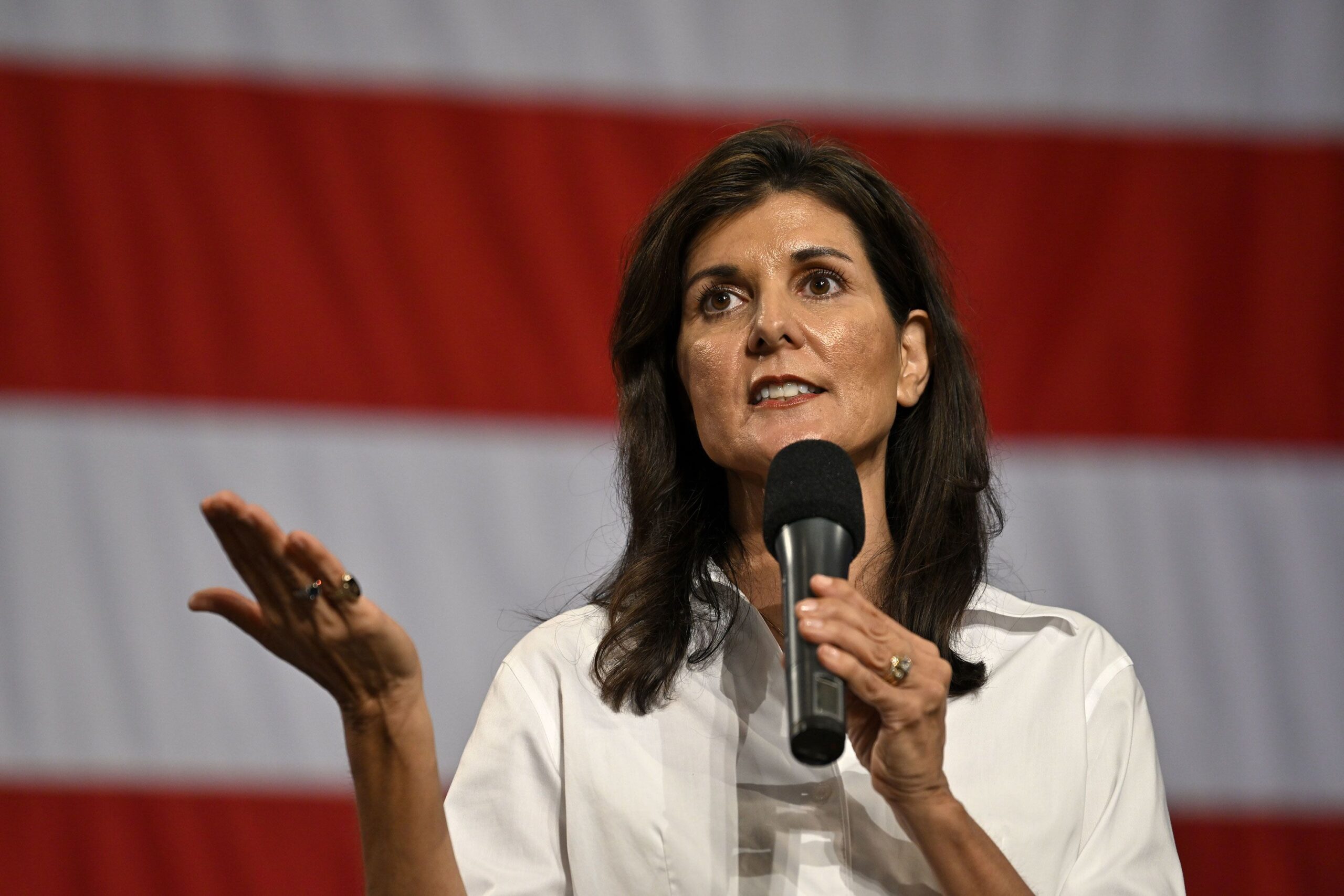Haley Criticized for Claiming Trump’s Ukraine Policies Benefit Russia
Haley Faces Criticism for Accusing Trump of Advancing Russian Interests in Ukraine
Nikki Haley, former South Carolina governor and ex-U.N. ambassador under President Donald Trump, has ignited controversy by suggesting that Trump’s stance on Ukraine is aligned with Russian interests. Her comments, made on social media, accused Trump of echoing Kremlin rhetoric by advocating for peace talks between Russia and Ukraine.
Haley specifically took issue with Trump’s remarks about Ukrainian President Volodymyr Zelenskyy, in which he referred to him as a “dictator without elections” and criticized his leadership. Trump’s statements, a marked shift from his earlier praise of Zelenskyy, implied that Ukraine’s current predicament was partly due to its dependence on U.S. aid. Haley countered, claiming that Trump’s push for negotiations played into Russian President Vladimir Putin’s hands.
Backlash on Social Media
Haley’s comments sparked a strong reaction online. Many social media users accused her of promoting neoconservative foreign policy and advocating for prolonged U.S. involvement in the war. Some labeled her a “warmonger,” while others compared her stance to that of interventionist politicians.
One user remarked, “Nikki Haley sounds exactly like Lindsey Graham. War mongers never change.” Another responded, “You are WRONG on every level! These are NOT ‘Russian talking points,’ but suggesting otherwise proves you should NEVER be allowed near the presidency.”
Trump’s Position on Ukraine
Trump, who has consistently advocated for halting U.S. military aid to Ukraine, has made clear his preference for diplomatic solutions. In recent remarks, he expressed skepticism about Ukraine’s chances of winning the war and emphasized the need for negotiations. His supporters argue that prioritizing diplomacy does not equate to supporting Russian interests, but rather reflects a desire to minimize unnecessary U.S. involvement in foreign conflicts.
Vice President JD Vance echoed Trump’s stance in an interview with The Wall Street Journal, stating that peace talks should be a top priority. He stressed that the U.S. has economic and strategic leverage to ensure that any potential agreement addresses Ukraine’s concerns while preventing further escalation of the conflict.
Division Within the Republican Party
Haley’s remarks highlight a growing divide within the Republican Party over foreign policy. While Trump and his allies advocate for reducing U.S. intervention, Haley aligns with establishment Republicans who support continued military assistance to Ukraine. This ideological split has become a defining issue in the 2024 presidential race, with each camp vying for influence over the party’s approach to global conflicts.
Trump’s recent social media posts further fueled debate, as he revealed details of a conversation with Putin in which both leaders discussed potential paths to ending the war. While his critics viewed this as a sign of excessive coziness with Russia, his supporters framed it as a pragmatic approach to conflict resolution.
The Broader Political Impact
As the Republican primary race intensifies, Haley’s criticism of Trump’s Ukraine stance may influence voters’ perceptions of her foreign policy credentials. While some Republicans appreciate her assertive approach, others see it as out of step with the party’s evolving priorities. The backlash against her comments has underscored the challenges she faces in gaining widespread support among conservative voters.
Despite the criticism, Haley remains firm in her position, arguing that Trump’s rhetoric could embolden Putin and undermine Ukraine’s sovereignty. Whether this stance helps or hinders her political aspirations remains to be seen. One thing is certain: the Ukraine conflict will continue to be a central issue in the 2024 election, shaping the Republican Party’s foreign policy direction for years to come.
